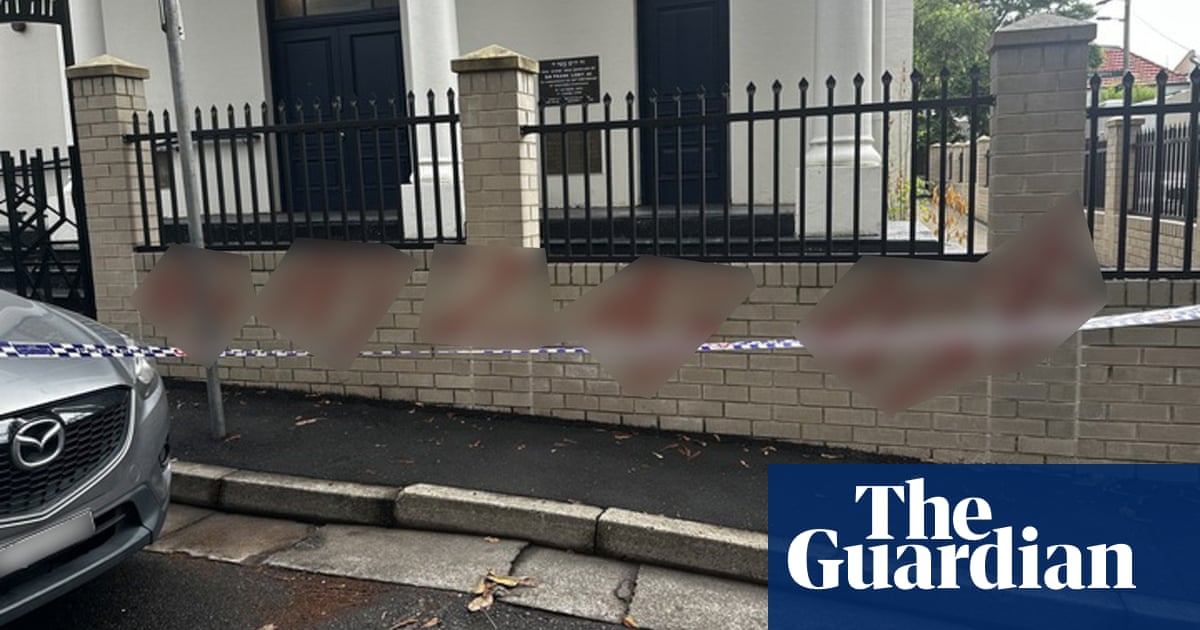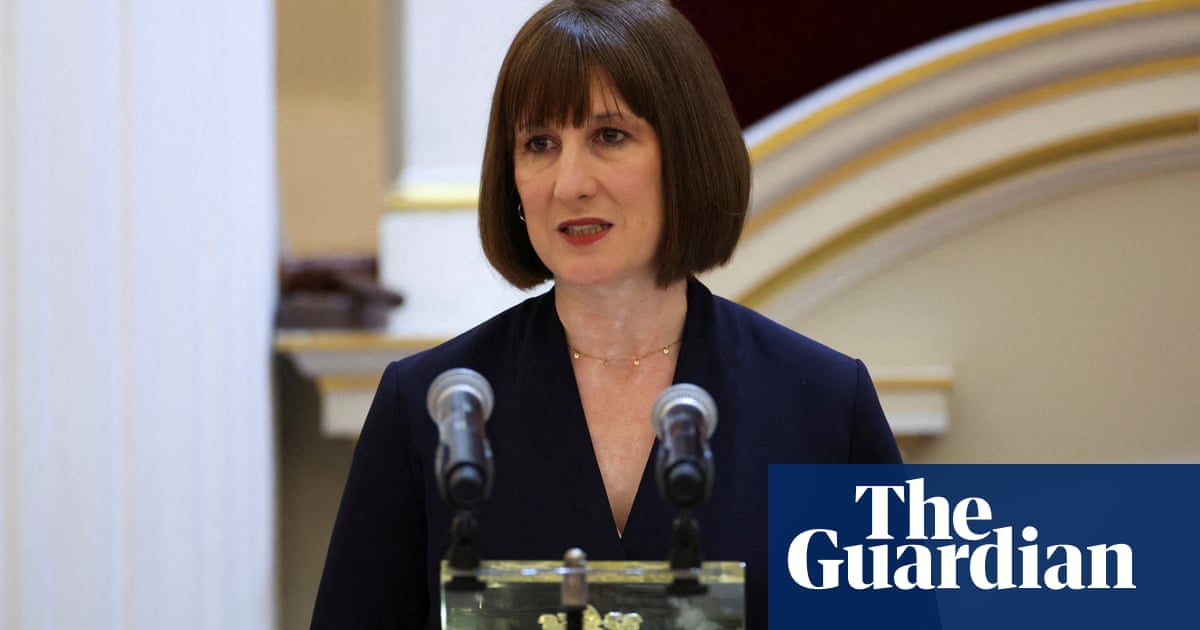The need for a major shake-up of our police service has been spoken about for decades. The last major reform to policing in the 1960s modernised our service in ways we at one time would not have thought possible, and in ways that felt cutting edge at the time. We slimmed down from a staggering 200 police forces in Britain in 1900 to 43 in England and Wales after 1964, simplifying a fragmented landscape.
That was in the pre-internet era, when the handheld calculator was the height of innovation. Crime has evolved dramatically since then, and we now face new threats such as fraud, riots and terrorism, which are growing in prevalence and complexity. What an officer would have been called to do in the 1960s is vastly different to the typical calls we get now. There was no searching on “the cloud” to find evidence, or even DNA to collect at a crime scene. The policing model was built to respond to “traditional” crime, such as burglary and theft, that happened in communities.
Those crimes have not gone away, but the most prevalent crime type now is fraud, largely perpetrated online. Many crimes are also now committed across borders or even continents. The requirements of policing have changed entirely, rendering our current policing model unable to respond quickly enough, and we are inhibited from making real progress by the way policing is organised.
We have undoubtedly improved our ability to keep people safe over the past 60 years. Developments in technology and science, such as forensic testing and mobile phones, make catching criminals much easier, and in the UK crime continues to decline year-on-year. But police forces are developing at varying levels across the country, with some more technologically advanced than others.
Some forces make excellent use of facial recognition technology, which has helped to catch hundreds wanted for crimes such as shoplifting and rape. Others have invested in tackling violence against women and girls, using video-call software to cut the average response time for a victim of domestic abuse from 32 hours to just three minutes.
As a victim of crime, this disparity means that you face a different level of service from one area of the country to another, and this cannot be right. There are crimes that do not discriminate based on geography: violence against women and girls, fraud and terrorism, to name a few, are all challenges faced across our country. Police forces are trying their very best to keep up with finite resources, facing pressure to invest heavily in all of these important areas and difficult decisions on where to cut back.
We are wasting valuable time and money by doing things in 43 different ways. Police forces all struggle with the same issues and spend time and money on finding individual solutions. We need to do it once, and well, for all. If we can tackle these big threats together at a national level, so that every community is protected in the same way, police forces will be able to focus more on local needs to improve performance in areas such as burglary and antisocial behaviour.
Data will play a key part in this: intelligence is our second most valuable asset after our people. A national approach to managing our data would allow us to identify criminal activity quicker and intercept it proactively. It will also enable us to build the tools needed to combat advancing criminal tactics – not in a force-by-force manner, which is hugely expensive, but nationally. It will give us the insight to get back to our roots of preventing crime.
I say with sincerity that we are facing a once-in-a-generation chance to change our police service in a way that protects a policing model that is admired the world over, but also recognises that we are struggling to keep up with the pace of societal and technological changes. Fortunately, never before have chief constables, police leaders and government been so united in the view that to protect our communities locally, policing needs to change.
Along with other police leaders, I have had positive discussions with the home secretary and policing minister on our joint commitment to transform policing so that we better equip our forces to keep communities safe for the next 60 years. This is a time to unite so we can deliver a new era of policing. We must work to regain the trust and confidence of our communities, give a voice to those who have not been well served by policing and learn from the very best global practice. I want policing to be what I know it can be: the heart of safe and confident communities.
-
Gavin Stephens is chair of the National Police Chiefs’ Council

.png) 1 month ago
12
1 month ago
12













































